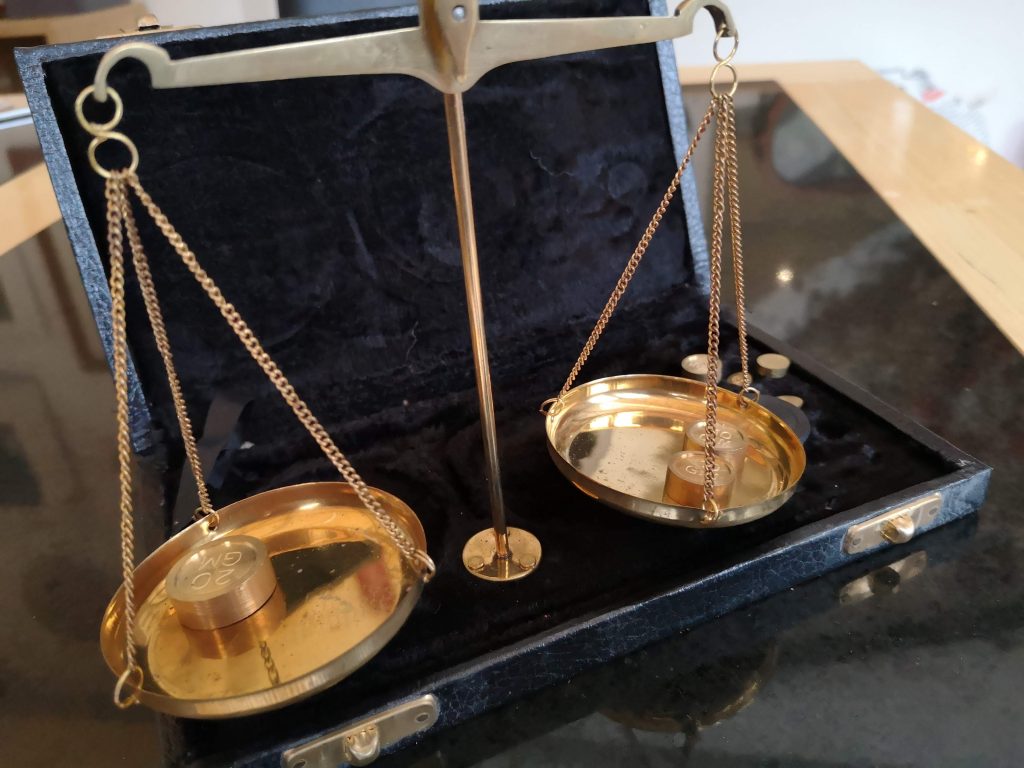
Nervous Stomach Anxiety: yin/yang explanation
Why You get Nervous Stomach Anxiety and How to Handle It. Acupuncture has great ways to help.

Phlegm Heat comes in two main forms:
When your problem is ‘acute’ it usually resolves quickly, moving on to a different condition. With acute phlegm heat you are probably catching a bug, a cold or influenza, and your body is putting up a stiff fight. That means strong but short-lived symptoms which, if successful, quickly vanquish the invader and return you to health:

You can prolong this in several ways.


Additional symptoms for chronic Phlegm Heat to those listed above under Acute Phlegm Heat:
To get chronic phlegm heat you usually start with an acute attack of phlegm heat – see above. Then …

If this has become a remaining pathogenic factor (it probably has become it, or soon will, if you do the wrong thing!), recovering fully will take time. Get used to the idea.



Stay in Touch!
No spam, only notifications about new articles and updates.

Book a Video consultation if you want to know more about your symptoms

Why You get Nervous Stomach Anxiety and How to Handle It. Acupuncture has great ways to help.
Subscribe to the Newsletter
If you are interested in understanding how Traditional Chinese Medicine can improve your life sign up to my newsletter for the latest updates.
Subscribe to the Newsletter
If you are interested in understanding how Traditional Chinese Medicine can improve your life sign up to my newsletter for the latest updates.